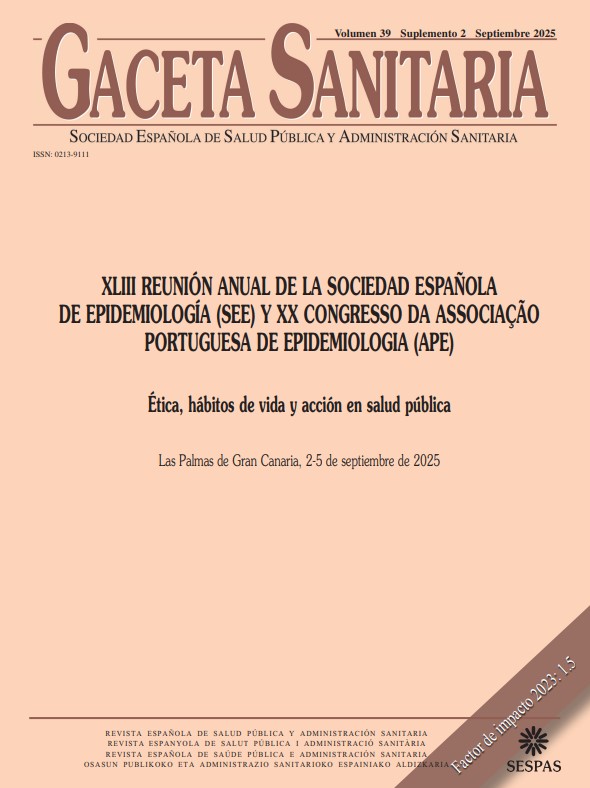441 - ENVIRONMENTAL JUSTICE AND MENTAL HEALTH EQUITY IN THE PROVISION OF NATURE: STAKEHOLDER VIEWS FROM SEVEN COUNTRIES
UOC; ICTA-UAB; ISGlobal; Warsaw University of Life Sciences; Mount Holyoke College; Freie Universität Berlin; University of Bristol.
Background/Objectives: Globally, one in eight people live with a mental health disorder, with anxiety and depression being the most common. This disproportionately affects marginalized groups. Exposure to nature improves mental health, but the distribution, use of, and access to spaces is unequal. Marginalized groups may be less likely to benefit and are often excluded from decision-making. This results in dual hardship: social marginalization and limited exposure to healthy environments. Understanding how decision-makers conceptualize mental health inequities and environmental justice in relation to nature is key to addressing these inequities. Our aim was to assess how environmental justice and health equity are addressed by green care stakeholders.
Methods: Within the Horizon Europe project, GreenME, 116 semi-structured interviews were conducted with green care stakeholders from Germany, Italy, Spain, Poland, Sweden, the United Kingdom, and the US. Using thematic analysis, interviews were inductively coded to identify patterns around environmental justice and mental health equity. We compared codes by stakeholder type and country to identify patterns.
Results: Respondents highlighted several barriers to equitable access to natural areas, citing low income, low education levels, distance, and safety as key factors. They noted the unequal distribution of green spaces, particularly in lower socioeconomic neighborhoods, where natural areas are often limited, small, or poor in quality. The most frequently mentioned excluded groups were economically disadvantaged individuals, children, the elderly, and those with physical disabilities, while migrants were mentioned less. An unexpected theme emerged: some respondents saw environmental justice as essential to green care policies, while others either denied that having access to, or the benefit from green spaces was unequal, or did not see the unequal distribution of green spaces as unjust.
Conclusions/Recommendations: Our findings highlight gaps in fully integrating environmental justice and mental health equity in relation to exposure to nature. This has key implications for ensuring equitable policies.
Funding: This project has received funding from the European Union’s Horizon Europe research and innovation programme under Grant Agreement No. 101084198 and from the UK Research and Innovation under Project Ref. 10082340.















